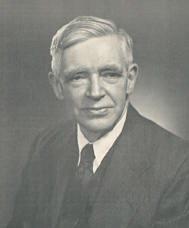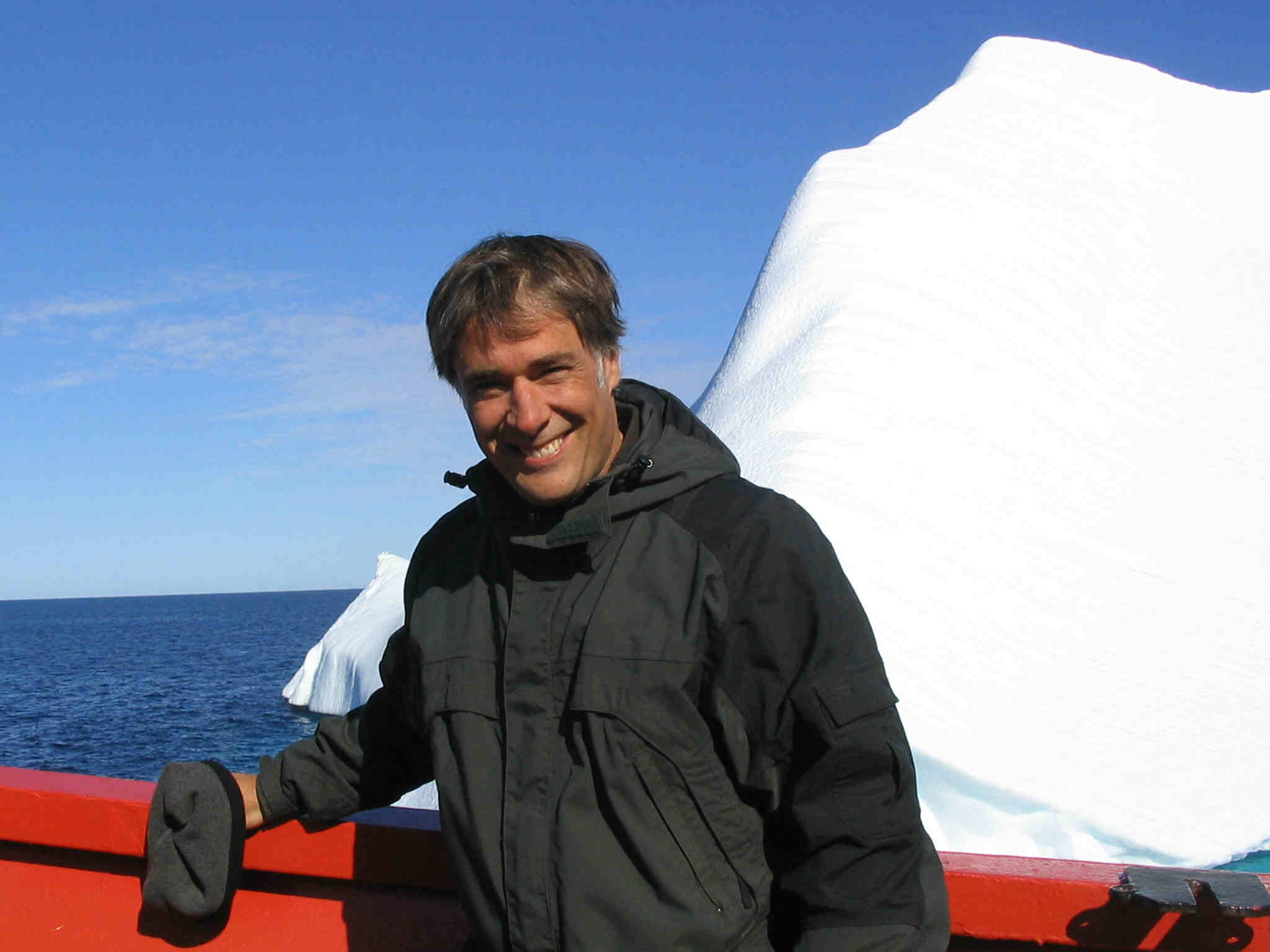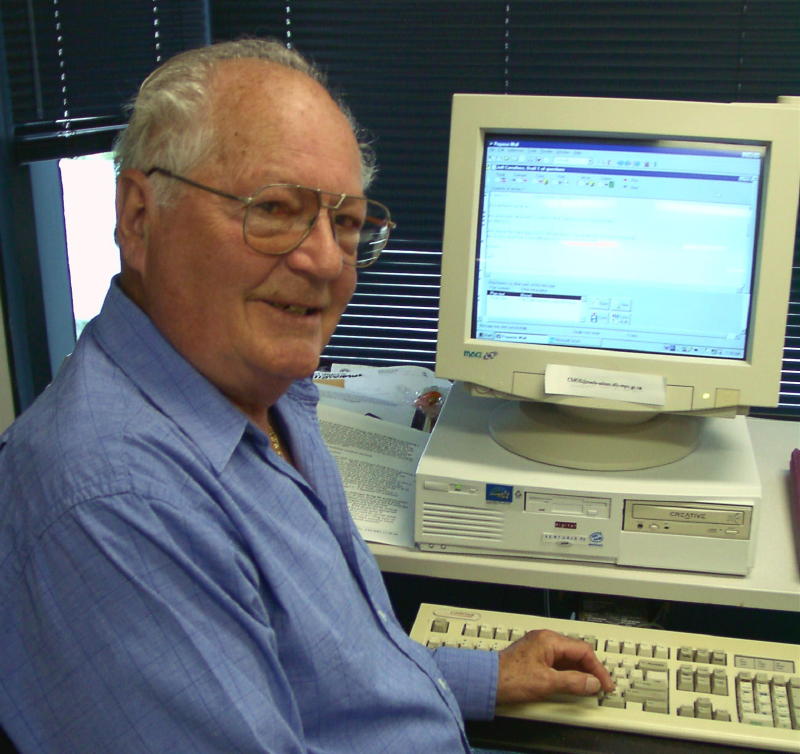 PRESIDENT'S PRIZE
PRESIDENT'S PRIZE*: 'recent' is defined as within the last 5 years
Nominations are to be received no later than 15 February by the Awards Coordinator at e-mail: awards-coord@cmos.ca or the Society postal address to be considered by the selection Committee.
- Nomination letters should include the current title, full address and phone number of the nominee.
- An up-to-date CV and a summary of the candidate's work must be included.
- The nomination should be accompanied by (at least one and at most four) additional letters of support indicating the extent of influence of the candidate's work.
- Nominees in previous years who have not received awards may be re-nominated. All criteria provided above apply to re-nominations.
- The Committee has a policy of automatically considering nominations (kept on file) submitted the preceding year , without the need for re-nomination documents. Nevertheless, nominators are strongly encouraged to re-affirm and/or update these nominations.
- Electronic format (e.g., pdf) is preferred; however, hard-copy material will be accepted.
- Receipt of submissions will not be acknowledged unless requested. Acknowledgement when requested will be by e-mail
| Top of Page |
 ANDREW THOMSOM PRIZE IN APPLIED METEOROLOGY
ANDREW THOMSOM PRIZE IN APPLIED METEOROLOGY
Nominations are to be received no later than 15 February by the Awards Coordinator at e-mail: awards-coord@cmos.ca or the Society postal address to be considered by the selection Committee.
- Nomination letters should include the current title, full address and phone number of the nominee.
- An up-to-date CV and a summary of the candidate's work must be included.
- The nomination should be accompanied by (at least one and at most four) additional letters of support indicating the extent of influence of the candidate's work.
- Nominees in previous years who have not received awards may be re-nominated. All criteria provided above apply to re-nominations.
- The Committee has a policy of automatically considering nominations (kept on file) submitted the preceding year , without the need for re-nomination documents. Nevertheless, nominators are strongly encouraged to re-affirm and/or update these nominations.
- Electronic format (e.g., pdf) is preferred; however, hard-copy material will be accepted.
- Receipt of submissions will not be acknowledged unless requested. Acknowledgement when requested will be by e-mail
The following are extracts from his biography.
Already widely travelled, Dr. Andrew Thomson joined the Meteorological Service in 1931. He retired from government service in 1959 and died in 1974 so most people working in Canadian meteorology today never knew him. To those surviving retirees who joined the Meteorological Service during World War II, however, Dr. Thomson will always remain a very important person in their meteorological world. As Assistant Controller, he was the man who had the final word on whether or not you were hired and where you were posted, and he was the man with whom you visited if you ever had the opportunity to go to Toronto on leave. Few of us ever saw, let alone had the opportunity of talking with, the Controller (director) at that time, Dr. John Patterson. While there were usually a few experienced meteorologists at Headquarters to look after the training courses and to administer the postings and other details, we knew that behind it all was "Andy" Thomson who had the last word regarding the wartime Meteorological Assistants (BA meteorologists) hired for service with the British Commonwealth Air Training Plan.
[...]
Named an Officer of the British Empire in 1946 for his wartime contributions, Dr. Thomson became Controller of the Meteorological Service later that year.
[...]
A founder of the Canadian Branch of the Royal Meteorological Society in 1939, Dr. Thomson never ceased being a supporter of it and its successor, the Canadian Meteorological and Oceanographic Society. From 1967 to 1973 he subsidized the Society's "Andrew Thomson Undergraduate Student Prize" and later his name was given to this award, the "Dr. Andrew Thomson Prize in Applied Meteorology," a prize which was first given in 1966.
| Top of Page |
 FRANÇOIS J. SAUCIER PRIZE IN APPLIED OCEANOGRAPHY
FRANÇOIS J. SAUCIER PRIZE IN APPLIED OCEANOGRAPHY
Nominations are to be received no later than 15 February by the Awards Coordinator at e-mail: awards-coord@cmos.ca or the Society postal address to be considered by the selection Committee.
- Nomination letters should include the current title, full address and phone number of the nominee.
- An up-to-date CV and a summary of the candidate's work must be included.
- The nomination should be accompanied by (at least one and at most four) additional letters of support indicating the extent of influence of the candidate's work.
- Nominees in previous years who have not received awards may be re-nominated. All criteria provided above apply to re-nominations.
- The Committee has a policy of automatically considering nominations (kept on file) submitted the preceding year , without the need for re-nomination documents. Nevertheless, nominators are strongly encouraged to re-affirm and/or update these nominations.
- Electronic format (e.g., pdf) is preferred; however, hard-copy material will be accepted.
- Receipt of submissions will not be acknowledged unless requested. Acknowledgement when requested will be by e-mail
The following is an extract from his biography.
François J. Saucier was an oceanographer with the Department of Fisheries and Oceans Canada (DFO), researcher in physical oceanography at the Institut Maurice-Lamontagne (IML), located in Mont-Joli, Quebec. He was equally interested by theory and by data and field work. While contributing to a field campaign at the mouth of Hudson Bay, he was thinking about adding numerical modelling to the tools available at IML for studying the marine environment. Those efforts in 1993 led to the creation of the numerical modelling laboratory at IML. That is where several important projects would be brought to completion during François Saucier's career. A very ambitious goal was set very early for that laboratory: to produce an operational model capable of providing daily forecasts of water levels, currents and ice for the St. Lawrence gulf and estuary.
| Top of Page |
 NEIL J. CAMPBELL AWARD FOR EXCEPTIONAL VOLUNTEER SERVICE
NEIL J. CAMPBELL AWARD FOR EXCEPTIONAL VOLUNTEER SERVICE 
Nominations are to be received no later than 15 February by the Awards Coordinator at e-mail: awards-coord@cmos.ca or the Society postal address to be considered by the selection Committee.
- Nomination letters should include the current title, full address and phone number of the nominee.
- An up-to-date CV and a summary of the candidate's work must be included.
- The nomination should be accompanied by (at least one and at most four) additional letters of support indicating the extent of influence of the candidate's work.
- Nominees in previous years who have not received awards may be re-nominated. All criteria provided above apply to re-nominations.
- The Committee has a policy of automatically considering nominations (kept on file) submitted the preceding year , without the need for re-nomination documents. Nevertheless, nominators are strongly encouraged to re-affirm and/or update these nominations.
- Electronic format (e.g., pdf) is preferred; however, hard-copy material will be accepted.
- Receipt of submissions will not be acknowledged unless requested. Acknowledgement when requested will be by e-mail
The following are excerpts from his biography.
Neil J. Campbell was born in Los Angeles Calif. of Canadian parents and attended schools in Toronto and St. Mary's, Ontario, graduatied from McMaster University his BSc and his MSc and from the University of British Columbia with a Ph.D. in physics. There he conducted graduate studies in physical oceanography.
He was employed by the Fisheries Research Board of Canada in Nanaimo, BC, St. Andrews, NB and Halifax, NS where he headed the Board's Arctic and Atlantic Oceanographic programs.
He organized the entry of the Department of Energy, Mines and Resources into the field of marine sciences. This would later become the Department of Fisheries and Oceans (DFO) where he continued to work..
He was named and became head of the Canadian delegation to the Intergovernmental Oceanographic Commission (IOC) of UNESCO in 1968 and subsequently served the Commission in various capacities including four years as First Vice-Chairman. During his term as Vice-Chairman he represented the IOC and UNESCO at the Third Law of the Sea Conference.
He was assigned the responsibility of organizing the federal government's program for the study of pollution of Lake Erie and Lake Ontario for the International Joint Commission which led establishment of the Canada Centre for Inland Waters. I
In 1987 he was nominated as a Life Member of CMOS and was awarded the J. P. Tully Medal in Oceanography in 1992. After the retirement of Uri Schwarz In 1994 he took over the position of Executive Director of the Canadian Meteorological and Oceanographic Society. from which he retired in 2004.
| Top of Page |
Page revised: 1 July, 2021
